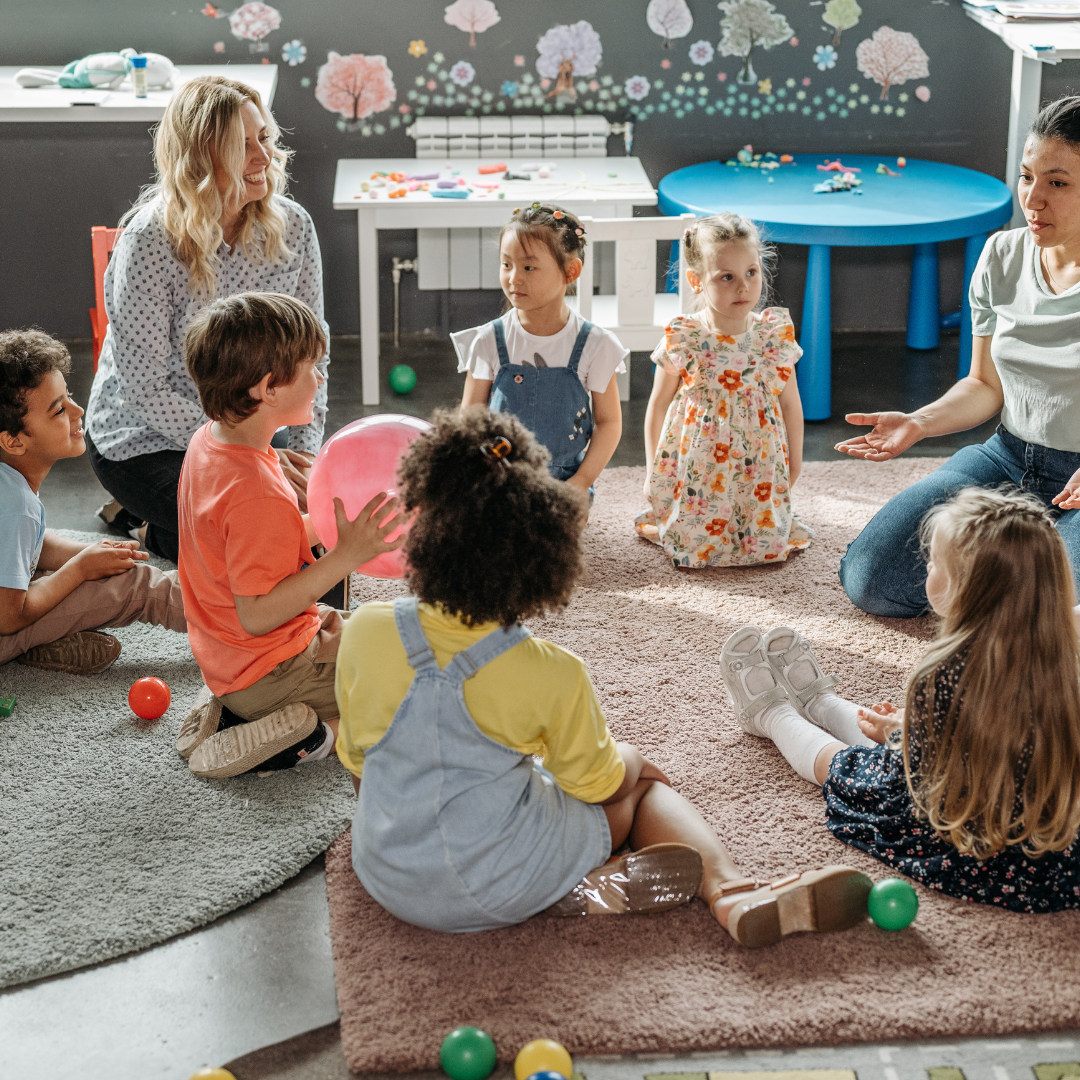
The Social Skills Kids Learn in Quality Childcare Settings
Choosing a childcare setting is one of the biggest decisions parents face. Beyond providing a safe place for kids to stay while parents work or run errands, a quality childcare environment is a powerful learning space. It’s where children start building social skills that will stick with them for life.
Understanding Social Skills in Early Childhood
When we think about social skills, it’s not just about making friends (though that’s part of it!). Social skills include a wide range of abilities. For example, learning to communicate, understanding emotions, taking turns, resolving conflicts, and building empathy. These skills don’t just appear overnight—they’re nurtured through consistent interaction, guidance, and real-life experiences. Quality childcare Beachlands is designed to offer exactly that.
Learning to Communicate
One of the first and most essential social skills kids pick up in childcare is communication. Think about it: in a room full of peers, they learn quickly that expressing themselves is key. Whether it’s telling a friend they want a turn with a toy or asking a teacher for help, these moments build confidence and teach them how to use words to convey their thoughts.
In quality childcare, communication isn’t limited to just talking. Kids also learn to listen. Structured group activities like storytime or music sessions require children to focus on the speaker and wait for their turn to contribute. Over time, this back-and-forth becomes second nature, setting the foundation for effective communication as they grow.
Developing Empathy and Understanding Emotions
Empathy might seem like a big concept for little ones, but it’s amazing how naturally kids can grasp it when they’re in the right environment. Childcare settings often encourage emotional growth by helping children identify and name their feelings. For example, a teacher might say, “I see you’re feeling frustrated because the blocks fell down. Let’s try again together.”
Beyond understanding their own emotions, children in these settings also begin recognising and respecting the emotions of others. If a peer is upset, they may learn to comfort them or offer help.
Taking Turns and Sharing
Ah, the age-old struggle of sharing! In a childcare setting, opportunities to share and take turns come up constantly—whether it’s with toys, crayons, or even a teacher’s attention. Through these repeated interactions, children slowly grasp the idea that the world isn’t all about “me.”
What makes childcare particularly effective in teaching sharing is the presence of supportive adults. When disputes arise (and they will), caregivers guide children through the process of problem-solving. Instead of just stepping in to “fix” the issue, they model how to handle disagreements respectfully, ensuring kids learn the why behind these behaviours.
Problem-Solving and Conflict Resolution
Conflicts are bound to happen when kids interact—it’s all part of growing up. But in a quality childcare setting, these moments are seen as opportunities, not problems. Rather than avoiding or escalating conflicts, children are encouraged to talk through their disagreements with the guidance of an adult.
For example, if two kids want the same toy, a teacher might step in and say, “Let’s think of a solution. How can we make this fair for both of you?” Over time, children begin to apply this problem-solving mindset independently, a skill that will benefit them not just in school but throughout their lives.
Building Teamwork Skills
Whether it’s working together to build a block tower or playing a group game, teamwork is a huge part of childcare. These activities teach kids how to collaborate, compromise, and contribute to a shared goal.
Teamwork isn’t always easy—there will be disagreements and challenges along the way. But with patient guidance from teachers, kids learn how to navigate these situations, strengthening their ability to work effectively with others.
Boosting Self-Confidence
It’s not all about interacting with others; quality childcare settings also nurture individual growth. Social skills often stem from self-confidence—children who feel secure in themselves are more likely to engage with others and try new things. Through positive reinforcement and encouragement, childcare providers help children believe in their abilities, whether it’s completing a puzzle, learning a new song, or standing up in front of the group.
This confidence spills over into social interactions. A child who feels capable and valued is more likely to approach peers, share ideas, and handle challenges with resilience.
Encouraging Respect and Inclusion
In diverse childcare settings, kids are exposed to peers from different backgrounds, cultures, and abilities. This diversity is a huge benefit, as it teaches children to respect and appreciate differences. Activities often incorporate lessons on inclusion, showing kids that everyone has something unique to contribute.
The Role of Caregivers in Shaping Social Skills
Behind all these interactions are skilled and attentive caregivers. They’re not just babysitters—they’re educators, role models, and guides. Their consistent support and positive reinforcement make all the difference.
Why It Matters
The social skills children develop in their early years aren’t just about making childhood easier; they set the stage for lifelong success!
Empowering Your Child’s Future
When it comes to your child’s development, the benefits of quality childcare go far beyond basic care. These settings are vibrant hubs of learning, growth, and connection. The social skills kids gain here—like communication, empathy, teamwork, and problem-solving—become the building blocks for their future relationships and successes.





